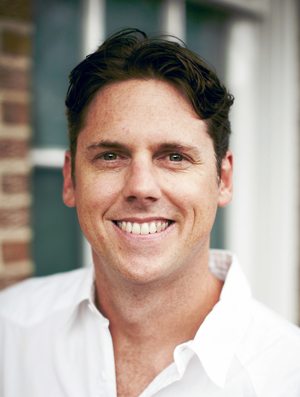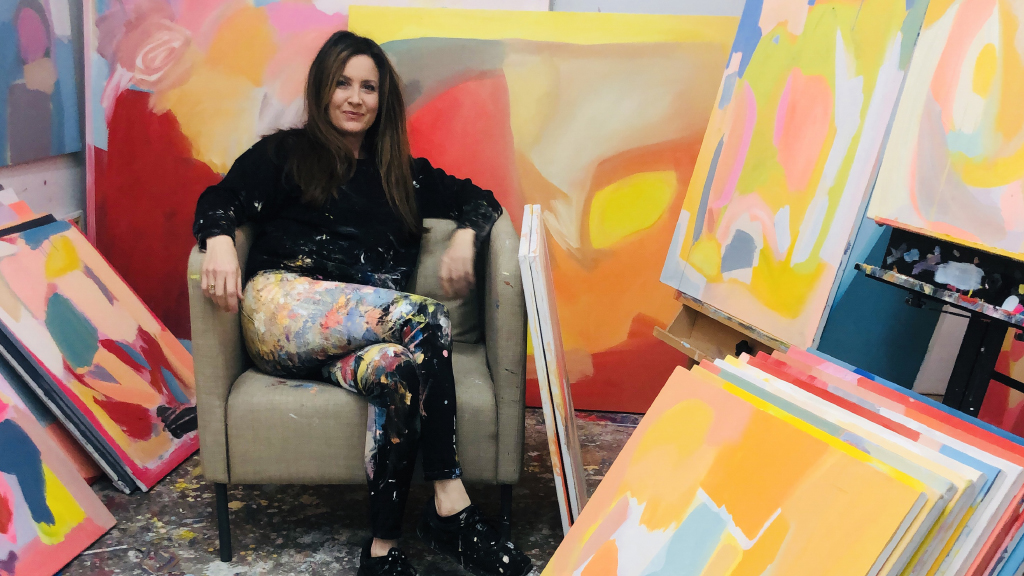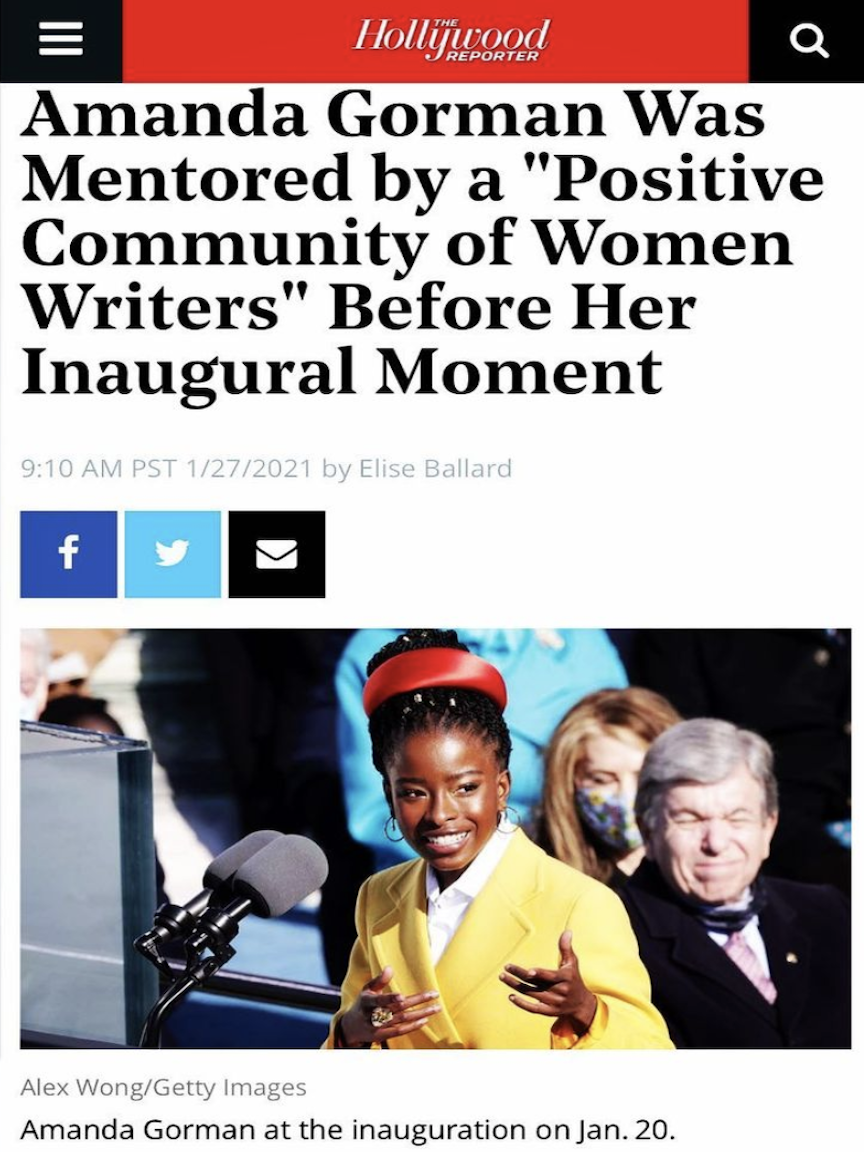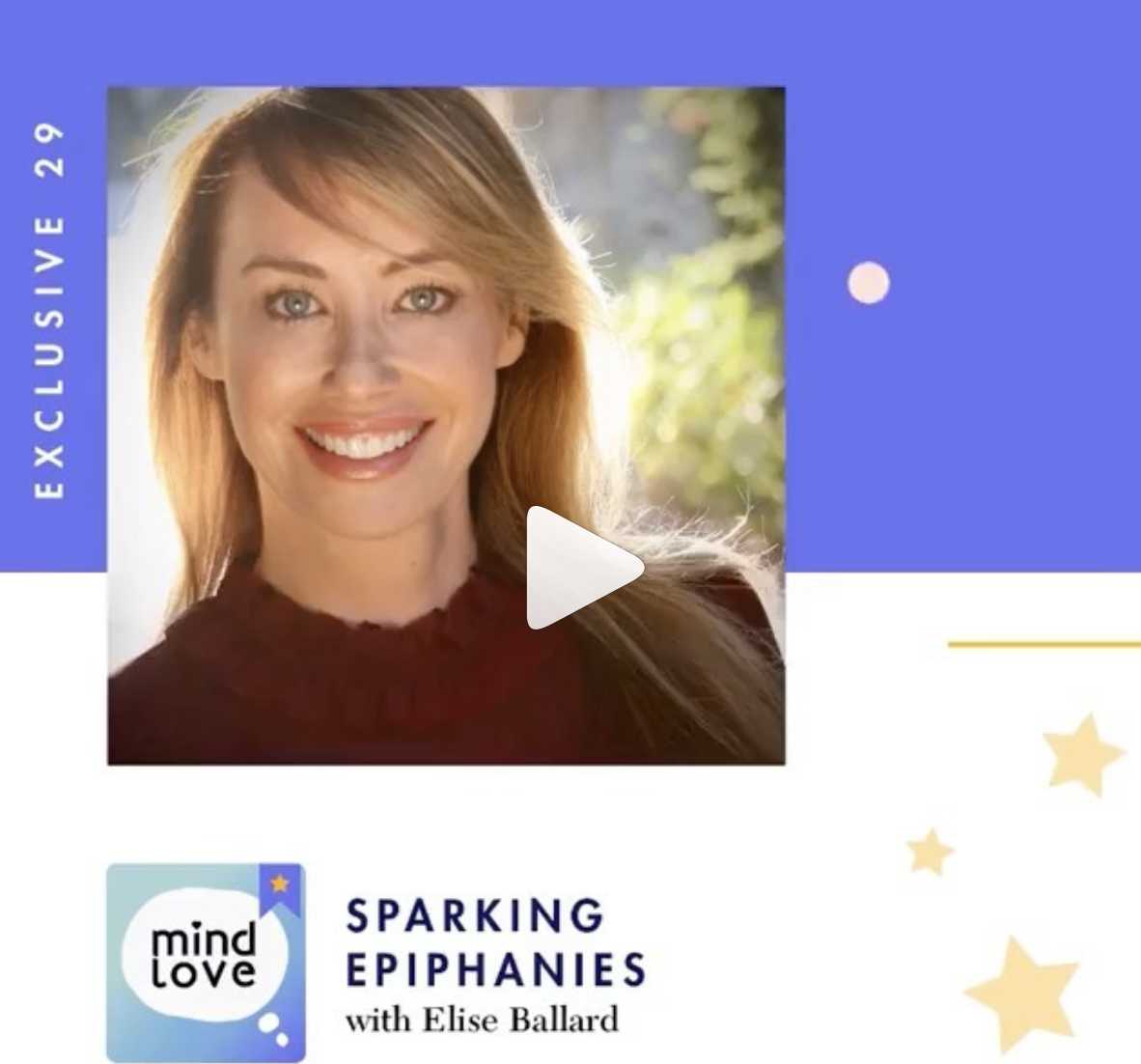“Acknowledging the imminence of death is an encouraging way to celebrate life because you realize there is so much more. There is so much to live.
When we have that reality, and we’re in touch with death in that way,
it’s like, “Wow, what do I want to celebrate?”
~Tripp Lanier
Tripp Lanier, a well-known life coach, and I were introduced by a colleague and when we had our first conversation — which was just one of those, “what do you do and how can there be synergy here?” type conversations — I of course, ended up asking him about his greatest epiphany. He said he’d think about it and later we set up a time for me to do an official interview with him. I can’t believe I still do this, because every time I do, I’m wrong — but I had an assumption that he’d probably talk about an epiphany that related to his becoming a life coach. Yep, wrong. Tripp’s epiphany is about a kind of forgiveness that is rarely talked about, and it not only surprised and moved me, but it surprised him that he went to this moment when he was asked about his greatest epiphany. Like so many people, he also realized that he had probably shared the story about this turning point in his life with maybe 2 other people. Later, he interviewed me on his The New Man podcast to talk about epiphanies and we each shared our greatest epiphany stories. In the podcast, you can hear him talk about the power he discovered in discussing and honoring his epiphany. It’s now an honor for us to share Tripp’s profound epiphany about forgiveness with you here.
AN INTERVIEW WITH TRIPP LANIER
I’ve only told this story to maybe a couple of people since it happened. But it starts back when I was 13 years old. This is kind of a downer — but my mother, she just … well, to say it bluntly: she took her own life.
I was just blind-sided. And I didn’t deal with it for years. I didn’t do any kind of emotional work, didn’t go to therapy, didn’t have any of support or help in that way at all. I just dealt with it all myself. Or thought I was dealing with it.
About the time that I turned 26, I had begun to see a therapist, but nothing was really happening with that, and I’d felt that my life was okay so I’d quit going. I felt I was coping well. I had a successful business, was in a great relationship with a girl, we were living together, and I had good relationships with people — good friendships, colleagues and clients. But my life also felt really stilted. I felt exhausted by having to manage everything, and I didn’t like to take a lot of chances. Looking back, it’s easy for me to see that I was controlling and managing – really working hard to keep things under control in my life.
Slowly, the relationship with my girlfriend started to go downhill. She decided she wanted to move to New York, but I wanted to stay in Florida. We broke up and she moved. Basically, I thought I was fine with it. It was an amicable decision and break-up — two people wanting different things out of life, but there was mutual respect and love and we were both young with our whole lives ahead of us.
But one day soon after she left, suddenly I was overtaken by this mountain ‑‑ this tsunami — of grief. It just hit me. And I was confused. I was scared. I didn’t know what the hell was happening to me. I loved my girlfriend, but this was crazy. It went on and on and on for weeks. I lost 35 pounds. I just went through the wringer.
I was grieving that relationship, yes, but it was so much more than that. This whole mountain of other stuff had risen to the surface and felt like it was tumbling over me. Looking back, I know now my girlfriend moving was a trigger for abandonment – how my mom had abandoned me by killing herself. A lot of my identity and how I saw myself in the world and most, if not all, of how I defined and viewed the world at large, was put in small boxes and categorized — like what a woman in my life was going to be like and how she’d act – check that box. Financial success. Check. Cool house. Check. Fun friends. Check. And so on. Well, all of my boxes of checkmarks that I’d built my life and based my happiness on basically ended up being a house of cards, and it came crashing down.
I remember going through this experience pretty much alone. I had a couple of good friends that were there to support me, but I didn’t have the support network that I have today. And I didn’t have access to a good solid therapist or anything like that. For the most part, I felt really alone going through this process, and for a week or two, I couldn’t even leave the house without just losing it.
I was really scared. I was not all used to feeling this way and was completely unable to trust myself to know when I was going to be triggered and have an episode where I’d be crying and writhing on the floor, literally.
So in the pit of that dark spiral, a good four to six weeks in – I remember just laying on the couch one night. I was alone. I couldn’t even watch TV. I couldn’t do anything to distract myself. All the normal ways that I would distract myself (like watching television) were painful. Everything about myself and my life in that moment was painful. It had come to this moment of just me — alone, completely defenseless and broken — staring “this thing” down. Whatever it was. Me and “the thing that I couldn’t be with” — the thing I’d been running from for the past 13 years — my grief.
Ever since her death, I’d been extremely pissed at my mom. I was really upset with her that she made the decision that she had. I remember early on someone telling me that the path through it was going to be forgiveness and that that one day I was going to forgive her. I remember thinking that was inconceivable, that I would never, ever forgive her for it and see her side and appreciate it. I was so angry with her and only had the experience and viewpoint of, “What side? She left her family and everyone who loved her, and she left me.”
So here I am years later, writhing on the couch in pain, crying, and wondering just what the hell is going on. And I just started having these thoughts: “Please make this stop. What do I have to do to make this stop? What am I doing? Just give me some tips. What are some options to make this stop?”
And suddenly, the thought, “Take your own life,” came up as an option. I remember considering it for a second because I just wanted a way out of this moment. And then I thought, “Wow, no way. I have so much to live for. I have so much more to explore in my life. I have so much: I have support. I have love. I have people around me…” and that’s when it hit me. It flashed in my brain, “She didn’t have that. She didn’t get to see things that way.”
And in that instant, I understood. I was there at that fork in the road, and I saw why my mother went down that road. I saw why she would consider that. And I understood. And I had compassion.
It was immediate that I felt this release and this tension leave my body, and I felt that joy of forgiveness. I got to give up the grudge in that moment. It just happened. Something shifted.
I had a dream that night of her. We were in a café, and she basically came and sat down with me at a table and then left. She was too wrapped up in her own experience to communicate with me, and I just let her go. There was something so beautiful about just being able to let her have her experience and let her be her and not having to be the one to save her or anything like that. It was so peaceful to allow her to go and to finally have that understanding that that’s where she needed to go. That’s what my mother needed to do.
Since that moment of realization, my life has changed dramatically. My emotional constipation was over, and the pipes were cleared. So much more was available to me. Before my epiphany, I didn’t like to travel, and ever since then, I love it. I wasn’t involved in my music career, and after that, I got back into it and was writing like a fiend and have created several records. I became a creative fountain — so much more came out of me.
I can look at what my life is today and trace it back to that moment. Even the work that I do with life coaching and The New Man podcasts is all based on this principle of exploring what is possible and making that a reality. It all comes back to that moment where I realized there was so much more possible in my life, and it was worth living for.
It brings me pain to see people who are in pain and suffering and are not choosing to engage in a conversation and ask, “What is it about my life that is worth living for? What do I give a damn about? What do I care about? Why can’t I orient my life around that?” That seems to be the central theme of the conversation in so much of what I’m doing and so much of what just lights me up when I’m in conversation with others. There’s something about digging deep and coming to that fork in the road, and asking, “What’s worth living for in my life? What can I do today to live that?” I want to help and encourage people to realize that there’s no waiting for it. There’s no “one day” it’s going to come around. Because of my experience, I now feel this essence of being in touch with the reality that death is imminent, and for some people it’s been a choice. I guess I feel the presence of the reality of death, but when I do, it’s not a downer. Instead, it’s an encouraging way to celebrate life because you realize there is so much more. There is so much to live. When we have that reality, and we’re in touch with death in that way, it’s like, “Wow, what do I want to celebrate?”










